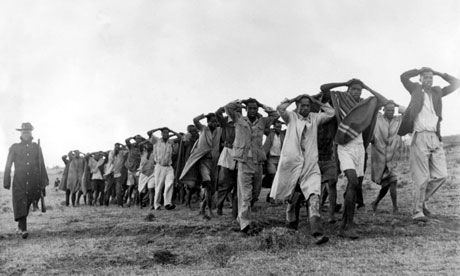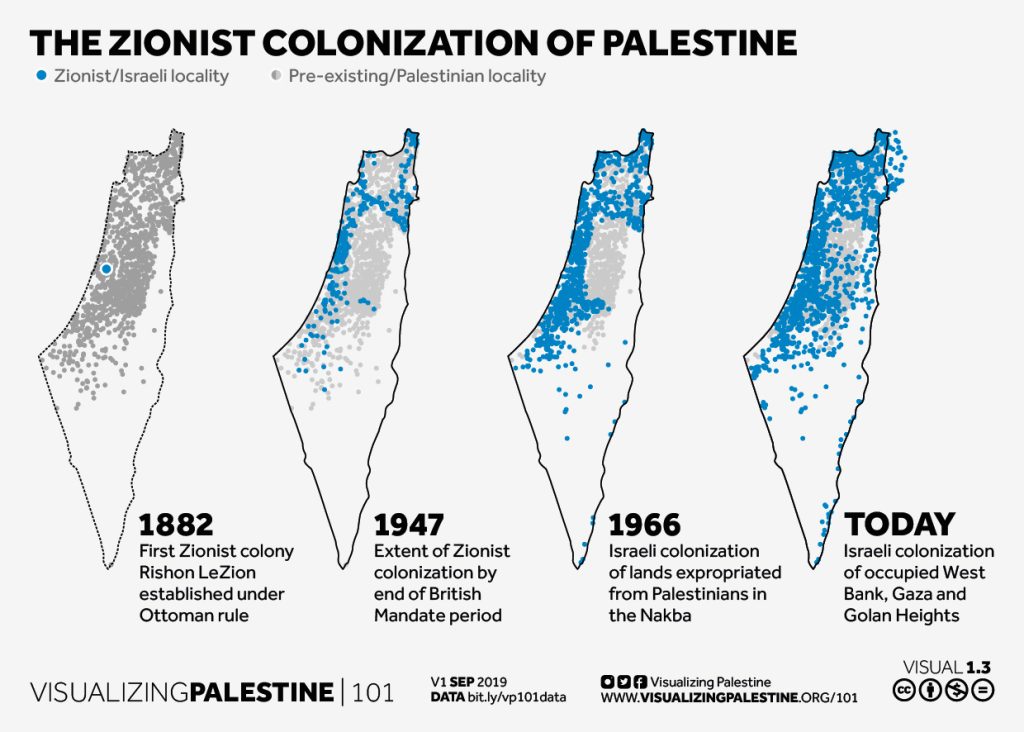Introduction
Colonialism is a system of domination where powerful nations extend political, economic, and military control over foreign territories, exploiting their resources and suppressing native populations. While settler colonialism (e.g., U.S., Canada, Australia, Palestine) involved the displacement of indigenous peoples, exploitation colonialism (e.g., British India, French Algeria, Belgian Congo) focused on extracting wealth through forced labor and military occupation.
This expanded article examines European colonialism in Africa, Asia, and the Americas, including forced occupations, military rule, and economic extraction, alongside settler-colonial cases.

1. Forms of Colonialism
A. Settler Colonialism
- Foreign settlers permanently occupy land, displacing or eliminating indigenous populations.
- Examples: U.S., Canada, Australia, New Zealand, Palestine, South Africa (Apartheid).
B. Exploitation Colonialism
- European powers ruled through military force, extracting resources without large-scale settlement.
- Examples: British India, French Indochina, Belgian Congo, Portuguese Angola.
C. Hybrid Models (Settler + Exploitation)
- Some colonies had both settlers and extractive economies (e.g., Algeria under France, Kenya under Britain).
2. European Colonialism in Africa: The Scramble for Africa (1884-1914)
The Berlin Conference (1884-1885) divided Africa among European powers without African consent, leading to:
- Forced labor (e.g., rubber collection in the Congo under Belgium)
- Land seizures for plantations and mines
- Military suppression of resistance movements
Case Studies of African Colonialism
A. Belgian Congo: The Most Brutal Colony
- King Leopold II personally owned Congo, turning it into a forced labor camp for rubber.
- Millions died from mutilations, starvation, and executions.
- Resistance: The Kongo-Wara Rebellion (1928-1931) was violently crushed.
B. French Algeria: Settler Colonialism in North Africa
- Over 1 million French settlers took Algerian land.
- Algerian War (1954-1962): France used torture, mass executions, and napalm to suppress independence fighters.
- Over 1 million Algerians killed during the war.
C. British Kenya: Land Theft & the Mau Mau Uprising
- White settlers seized fertile highlands, forcing Kenyans into reserves.
- Mau Mau Rebellion (1952-1960): Britain detained 160,000 Kenyans in concentration camps, torturing and executing thousands.
D. Portuguese Angola & Mozambique
- Portugal enforced forced labor (chibalo system) until the 1960s.
- Guerrilla wars (1961-1974) led to independence after brutal repression.
3. Colonialism in Asia: Exploitation & Military Rule
A. British India: The Jewel in the Crown
- Economic Drain: Britain deindustrialized India, forcing it into poverty.
- Famines: British policies caused millions to starve (e.g., Bengal Famine of 1943).
- Military Suppression: The Jallianwala Bagh Massacre (1919) saw British troops shoot 1,000+ unarmed protesters.
B. French Indochina (Vietnam, Cambodia, Laos)
- Forced rubber plantations under brutal conditions.
- Viet Minh Resistance: France fought dirty wars before defeat at Dien Bien Phu (1954).
C. Dutch East Indies (Indonesia)
- Forced cultivation system (Cultuurstelsel) led to starvation and forced labor.
- Independence War (1945-1949): Dutch forces burned villages and massacred civilians.
4. Settler Colonialism: Case Studies
A. United States: Native American Genocide
- Manifest Destiny: Settlers expanded westward, killing millions of Native Americans.
- Trail of Tears (1830s): Forced removal of Cherokee, Choctaw, and other tribes, with thousands dying.
- Wounded Knee Massacre (1890): U.S. troops slaughtered 300+ Lakota Sioux.
B. Canada: Cultural Genocide & Land Theft
- Residential Schools: Thousands of Indigenous children died in state-sponsored assimilation programs.
- Ongoing Land Disputes: Wet’suwet’en protests against pipelines show continued resistance.
C. Australia: The Stolen Generations
- Aboriginal children were forcibly taken from families until the 1970s.
- No treaty or reparations have been granted to Indigenous Australians.
D. Palestine: Ongoing Zionist Settler Colonialism
- Nakba (1948): 750,000+ Palestinians expelled from their homes.
- Military Occupation (1967-Present): Israel controls land, water, and movement in the West Bank & Gaza.
- Apartheid Policies: Palestinians face discriminatory laws, home demolitions, and military violence.
5. Resistance Against Colonialism
Despite brutal repression, colonized peoples fought back:
- Armed Revolutions:
- Haiti (1791-1804) – First successful slave revolt against France.
- Algeria (1954-1962) – Defeated French rule.
- Vietnam (1945-1975) – Defeated France & the U.S.
- Political Movements:
- Indian National Congress (Gandhi, Nehru) – Nonviolent resistance against Britain.
- African National Congress (Mandela) – Fought South African apartheid.
- Modern Movements:
- Black Lives Matter (against systemic racism from colonialism).
- Land Back movements (Indigenous land reclamation).
- Palestine movements like PLO,HAMAS(against settler colonism,Zionism,genocides)
6. Lasting Impacts of Colonialism
- Economic Exploitation: Former colonies remain poor & dependent on former rulers.
- Borders & Conflicts: Europeans drew arbitrary borders, causing wars (e.g., Rwanda genocide, Middle East conflicts).
- Cultural Destruction: Indigenous languages, religions, and traditions were suppressed or erased.
- Neocolonialism: Western corporations still control resources in Africa, Latin America, and Asia.
7. Conclusion: Justice & Decolonization
True justice requires:
✔ Reparations for slavery, genocide, and exploitation.
✔ Land Back for Indigenous peoples.
✔ End to Military Occupation (e.g., Palestine, Western Sahara).
✔ Dismantling Neocolonial Economic Control.
The fight against colonialism isn’t history—it’s ongoing. From Palestine to Standing Rock, oppressed peoples continue resisting.
Further Reading:
- “King Leopold’s Ghost” (Adam Hochschild) – On Belgian Congo atrocities.
- “The Wretched of the Earth” (Frantz Fanon) – Psychology of colonialism.
- “An Indigenous Peoples’ History of the United States” (Roxanne Dunbar-Ortiz).

